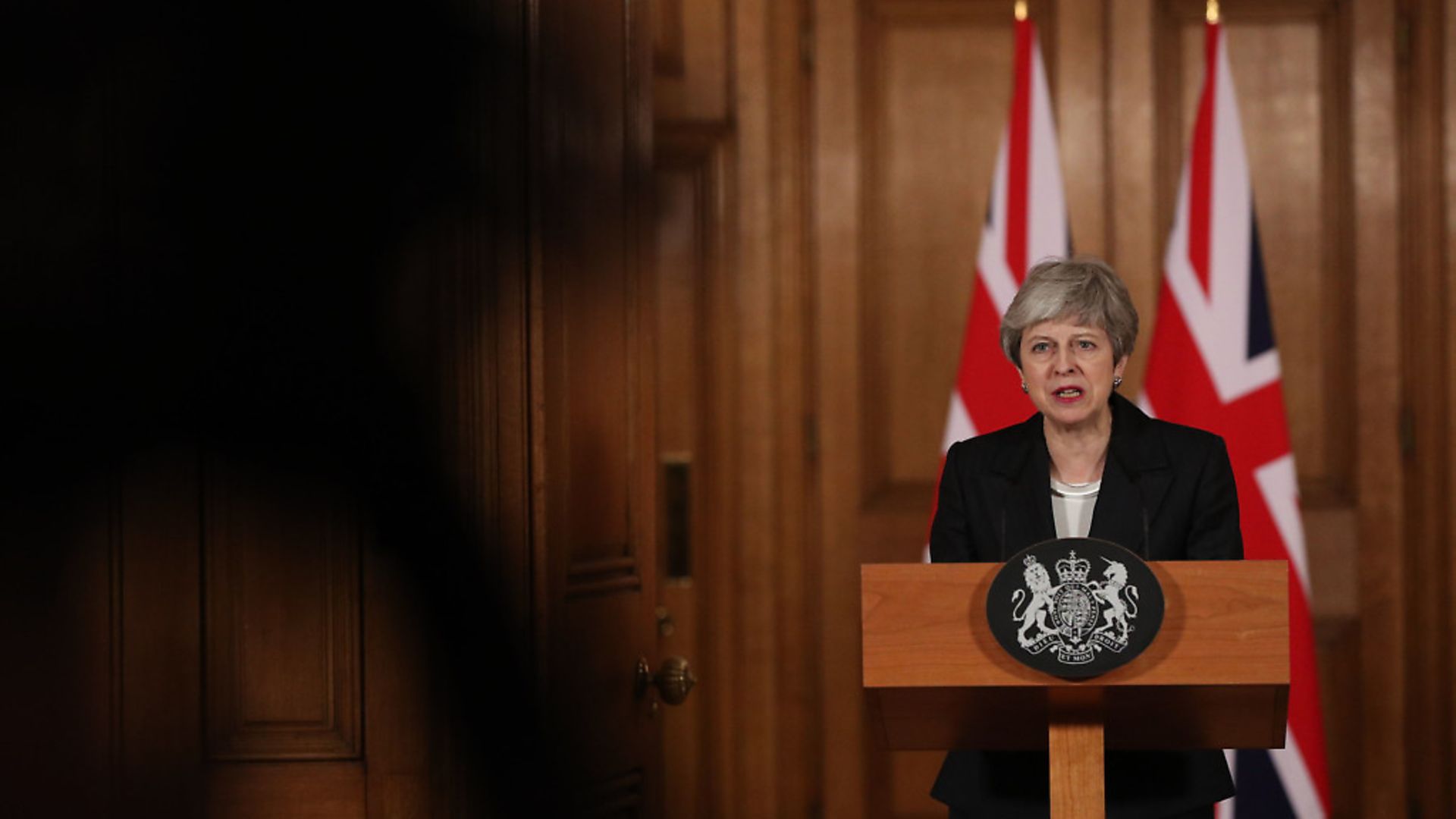
JAMES BALL on why, with ‘grim, awful inevitability’, the UK appears to be moving towards a general election.
The UK is firmly and squarely in the doldrums. The saying might now refer to being dull, sluggish and in a terrible mood, but originates from the maritime world – referring to a few sections of the oceans in which ships were likely to become becalmed.
We are certainly that: thanks to an impossible wall of forces pushing and pulling upon us, each week feels fractious and dramatic, only for us to look up at its end and find we’re almost exactly where we began.
The problem with ships that are becalmed – as any captain would know – is that they lend themselves to mutiny.
Already fractious crews who find they’ve had enough take advantage of their window of opportunity, and see whether they can take the helm.
This week’s particular mutineer is John Bercow, who was well within his power to note a 1604 convention that the same motion or amendment should not be put to parliament within the same session, unless substantively changed. As Remainers note, Bercow was within his rights to do this, and to note that he gets to decide what counts as ‘substantively changed’.
As Brexiteers note, Bercow has been fond of saying – repeatedly and at length – that he is not bound by precedent and convention, and already allowed a second vote on the same proposal, so is just stirring the pot at this stage.
It’s possible both are right. What Bercow has certainly done is make it harder for Theresa May to find any direction in which to proceed. As ever when we discuss Brexit, we need to remember that despite the endless nonsense talked at Westminster, the UK actually faces a simple three-way choice.
Those are: May’s deal (potentially with changes to the legally meaningless political declaration, but not to the substantive Withdrawal Agreement), no-deal, or no Brexit.
No-deal, despite parliament ‘rejecting’ it, remains the default option if nothing else happens. May’s deal, in theory, cannot be put in front of this parliament again. Theresa May clearly has no plans to repeal Brexit.
Complicating the matter is that this parliament has also – arguably – rejected a second referendum, so Bercow in theory at least could refuse to allow this to be voted on again, and even if it were the numbers are unlikely to be there to enable such a vote.
Needless to say, if the votes are not there for a second referendum, they are not there for outright retraction of Article 50.
That leaves the UK with precisely three options, all of which it appears to have rejected.
You can see why the EU and European political leaders are staring at us dumbfounded. In the short term, the UK can seek an extension of either three months or several years – though at present our current ask is: ‘Can we have more time? We have no idea what we want to do with it.’
Something will almost certainly be granted, though it’s more likely May will be told to go home, re-do her homework, and come back with something better. Otherwise, though, it’s clear something has got to give. May has little reason to put forward another referendum: her MPs don’t want it, her party members don’t want it, her voters don’t want it, and she’s shown no sign of wanting it either. She’s also not facing pressure from the DUP or from the Labour benches to grant one.
Those cheering on recent Brexit developments as good for a second referendum can only do so if they ignore that cacophony of inconvenient facts. What, then, is left to get the UK out of the doldrums, to get any kind of movement? The first is probably to accept that almost any form of movement right now is better than none – this paralysis is toxic for our politics, our international reputation, for trust in our institutions, and for getting anything done.
With grim, awful inevitability, we seem to be moving towards an election.
Such a vote would only move if parties are forced – by the media and by the voters – to set out crystal-clear electoral positions. What will they do on Brexit if they are a majority government? What would they do as a minority government or coalition partner? What would they do in opposition?
An early vote on these terms – and one that only included the three real Brexit options on the table, which would require politicians to face real pressure from each other and from the public, could be our way through.
We might finally get a new parliament who can face up to either getting a sane version of Brexit done – and actually end the terrible spectre of no-deal – or else give us a parliament with a clear and unignorable mandate to end Brexit.
If getting Labour to that point feels like a reach, then that’s just a tough truth that it’s no good our delaying, either.
Almost none of us relish the idea of an early election.
But – faced with more time becalmed – it might still be our only way out.










